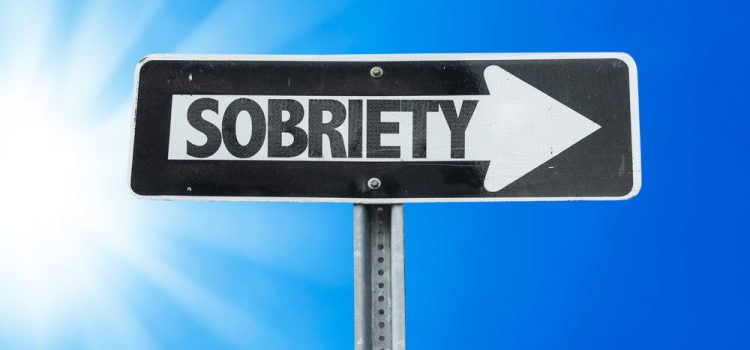
Surviving as a Recovering Addict in Boston
May 21, 2015
Heroin Overdose Rehabs in Boston
October 14, 2015An overview of continuing care programs for substance use disorder
Substance use disorder (formerly known as addiction) is a chronic disease that requires ongoing management to prevent relapse. Substance use disorders can take a long time to recover from, as many commonly misused substances alter the brain’s pathways. Restoring the brain to a close-to-normal state can take months or years, and cravings are likely to remain for most of this period.
While withdrawal management and rehab programs are a necessary short-term step for stabilizing someone with a substance issue, they will still need counseling and therapy to help them cope with lingering cravings for their substances of choice. This means that aftercare programs are an important part of ensuring good long-term outcomes.
Aftercare, also called continuing care or alumni programs, are intended for recovering individuals that have previously completed residential or intensive outpatient rehab. Most aftercare programs aim to help with a recovering individual’s long-term healing by giving them the resources to deal with cravings. Some aftercare facilities, such as sober houses, offer a supportive living environment as well.
Thankfully, most, if not all Boston rehabs and treatment facilities have resources available for helping people with substance use disorder find the right aftercare services for their needs. You can find everything from traditional 12-step and SMART Recovery programs to alternative post-rehab relapse prevention approaches. Call Boston Drug Treatment Centers (857) 577-8193 for more information.
Aftercare Statistics
Studies show that relapse is common after addiction treatment. Depending on the type of substance use disorder and the severity, up to 80 percent of patients will relapse after their treatment program if they immediately go back to their normal routine.
Those who attend aftercare treatment, on the other hand, tend to remain clean and sober for a longer period compared to those who do not attend them. The support provided by aftercare programs is critical in helping patients deal with any lingering cravings from their substance use disorder.
The Power of Sober Living
Going directly from rehab to the street is often a very bad idea. That is why some Boston rehab centers incorporate sober living into the services they offer. Instead of sending recovering individuals home after rehab, the treatment centers offer them an opportunity to temporarily live at a sober living facility instead.
While similar in some respects to other residential rehab centers, sober living facilities tend to offer recovering individuals much more freedom. In most cases, residents at a sober living house may only stay if they work or are actively looking for a job. They may pay rent or work at the facility as well. As this arrangement is meant to be temporary, sober living communities are also sometimes called “transitional homes” or “halfway houses” as well.
The staff at sober living facilities are trained to spot the early warning signs of a relapse and monitor residents. There are often regular group and individual counseling sessions as well to give them the coping skills they will need in the outside world. Residents at these facilities also provide mutual support to ensure that everyone has a better chance at a long term recovery.
Different Therapies
Any mental disorder can be challenging enough on its own. Substance use disorders are particularly complex to treat due to the strong compulsive behavior that often comes with them.
To add to the difficulty, it’s not uncommon for a substance use disorder to co-occur with another mental health issue, such as depression or anxiety. This makes it important for recovering individuals to have different therapy approaches available, as it’s uncommon for a single approach to be effective for bringing a full recovery.
For that reason, the best rehabs offer patients a good selection of aftercare choices. In the Boston Metropolitan Area, a wide variety of conventional and alternative therapy approaches are available as part of drug rehab aftercare.
Some of these alternative approaches include art, music, yoga, and outdoor therapy. Having these aftercare services available to recovering individuals can spell the difference between relapse and long-term success.
Find aftercare services that meet your needs
Substance rehab and detox centers in Boston can help you discover which aftercare programs may be the most beneficial to assist you in achieving a full recovery. You can also visit your local Narcotics Anonymous (http://www.usrecovery.info/NA/Massachusetts.htm) to share your story and get more support.

